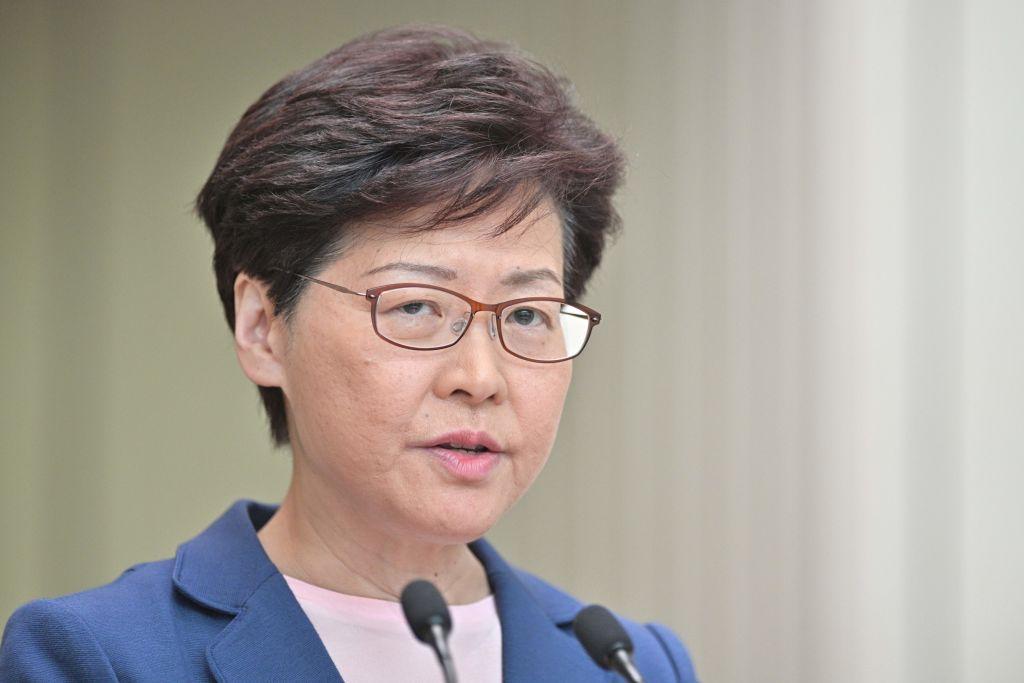Hong Kong leader Carrie Lam continued to stir bad sentiment toward her government following a press conference on the morning of July 9, during which she said the government’s controversial extradition bill is “dead.”
In response to Lam’s comments, the Civil Human Rights Front (CHRF), which organized the three marches in the last month attended by millions of Hongkongers, said the group will continue to hold protests and assemblies as the Hong Kong leader continues to ignore the people’s demands, including the full withdrawal of the extradition bill from the pro-Beijing majority council.



